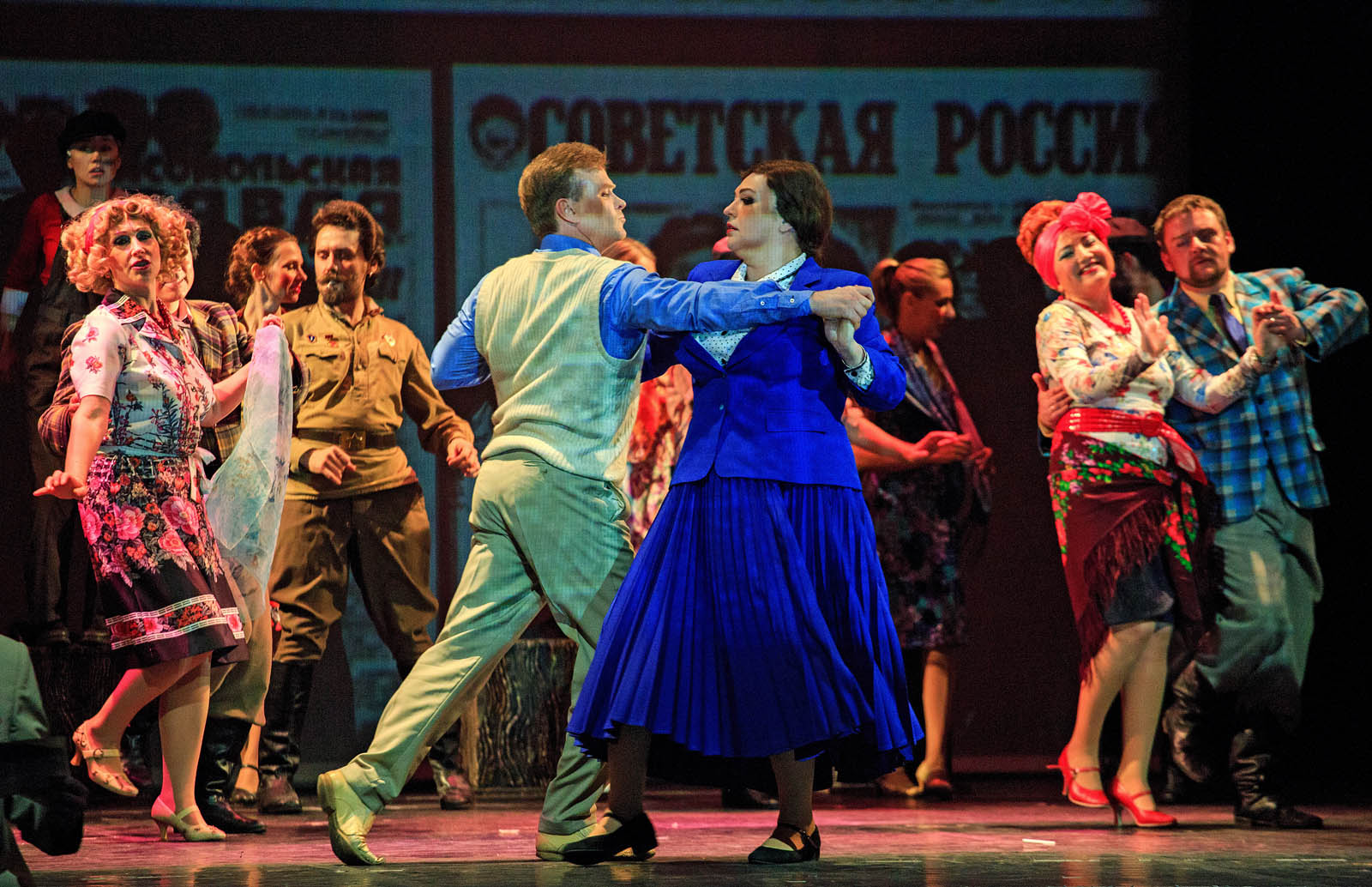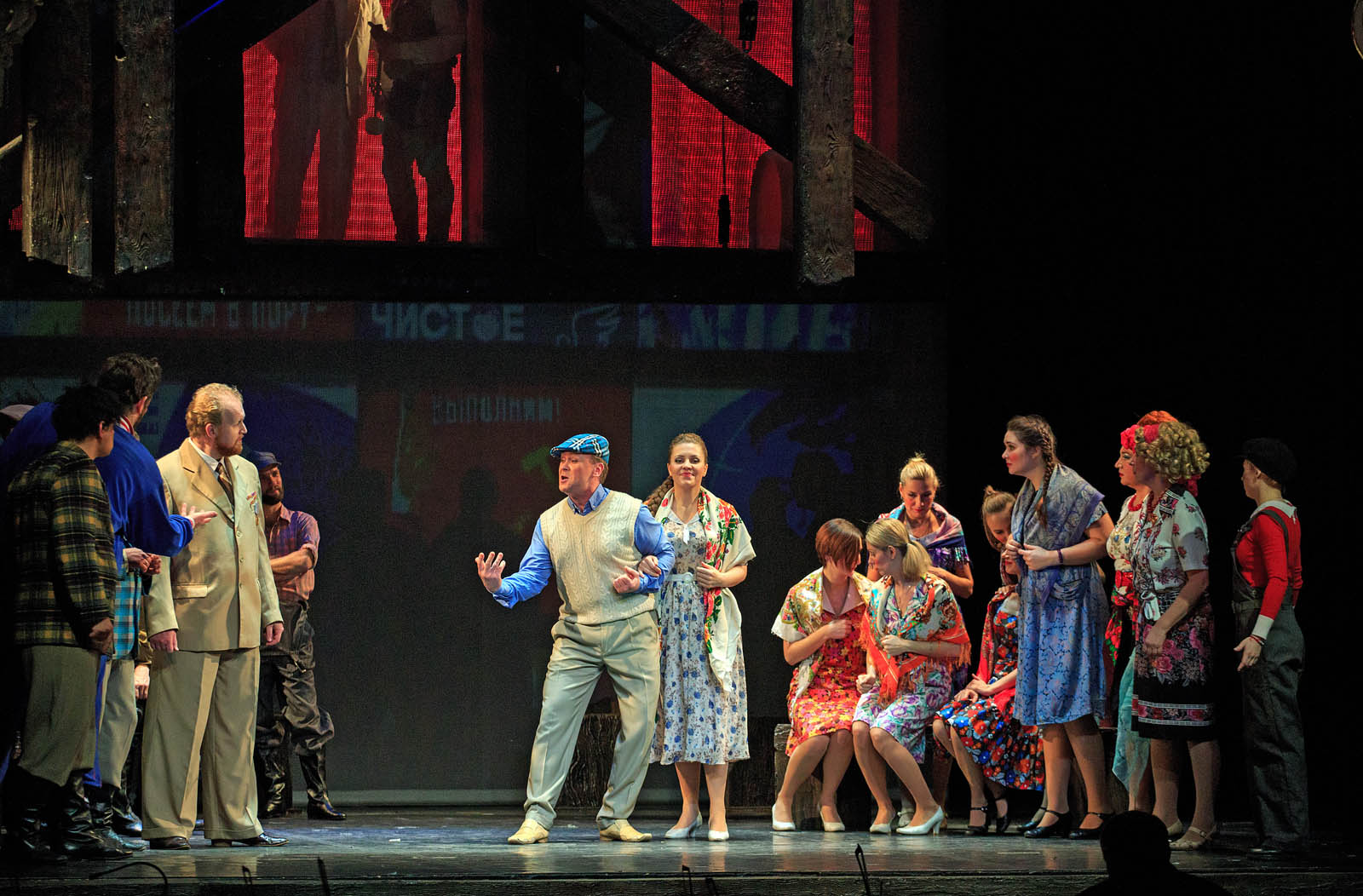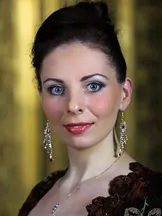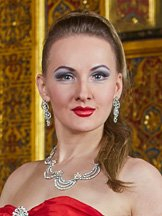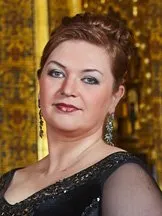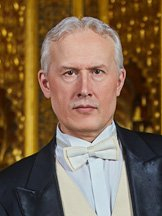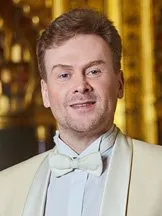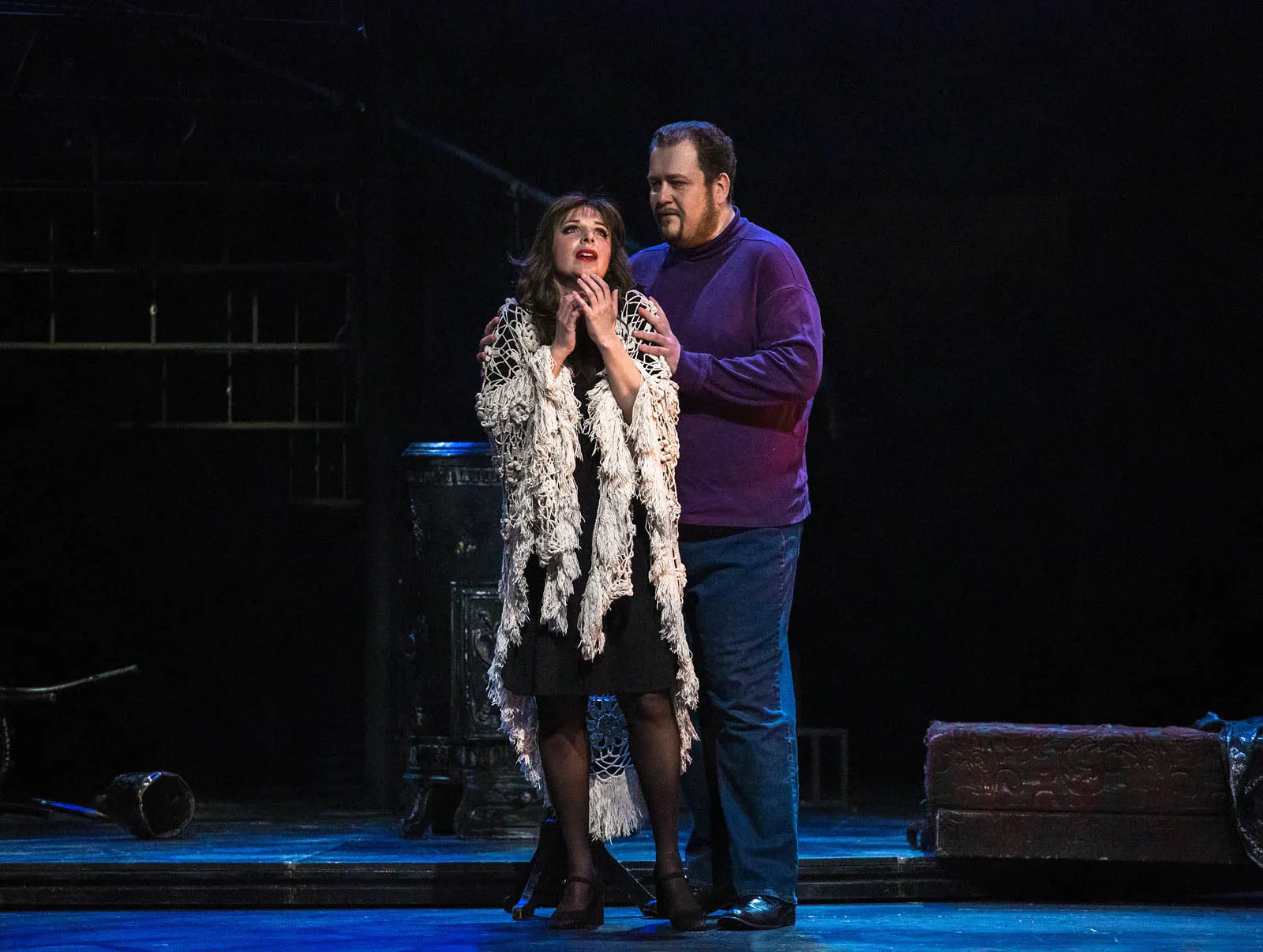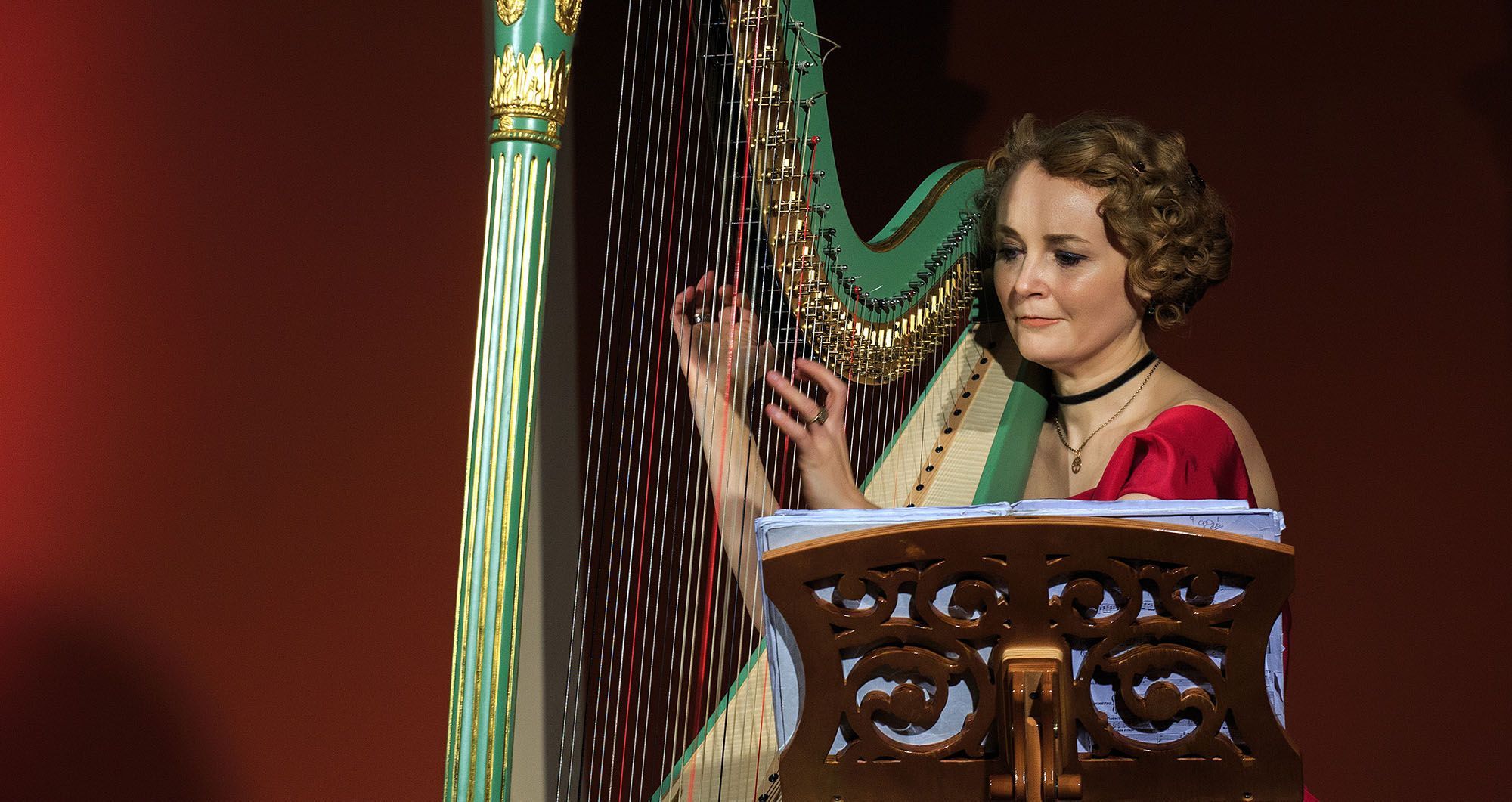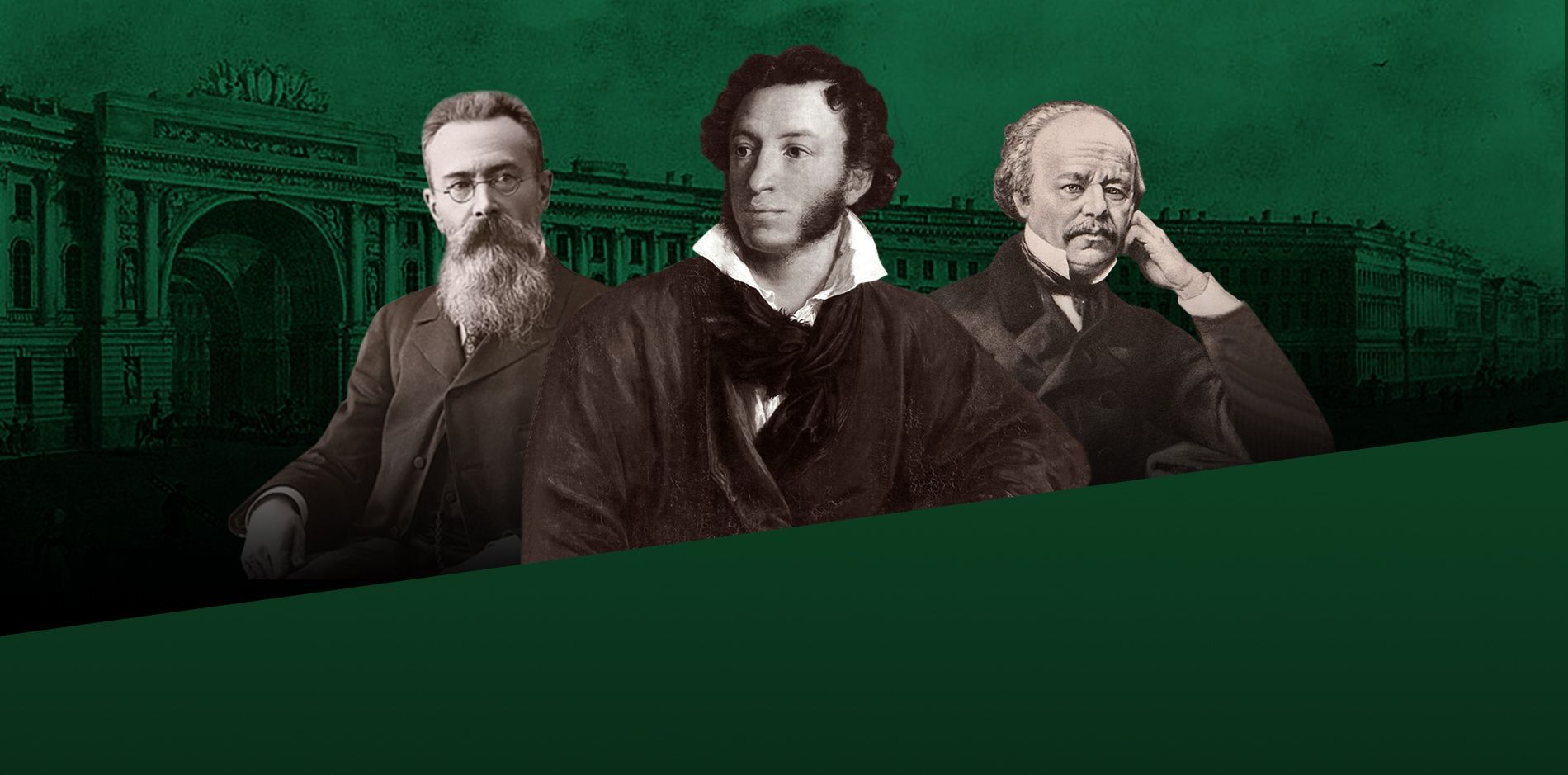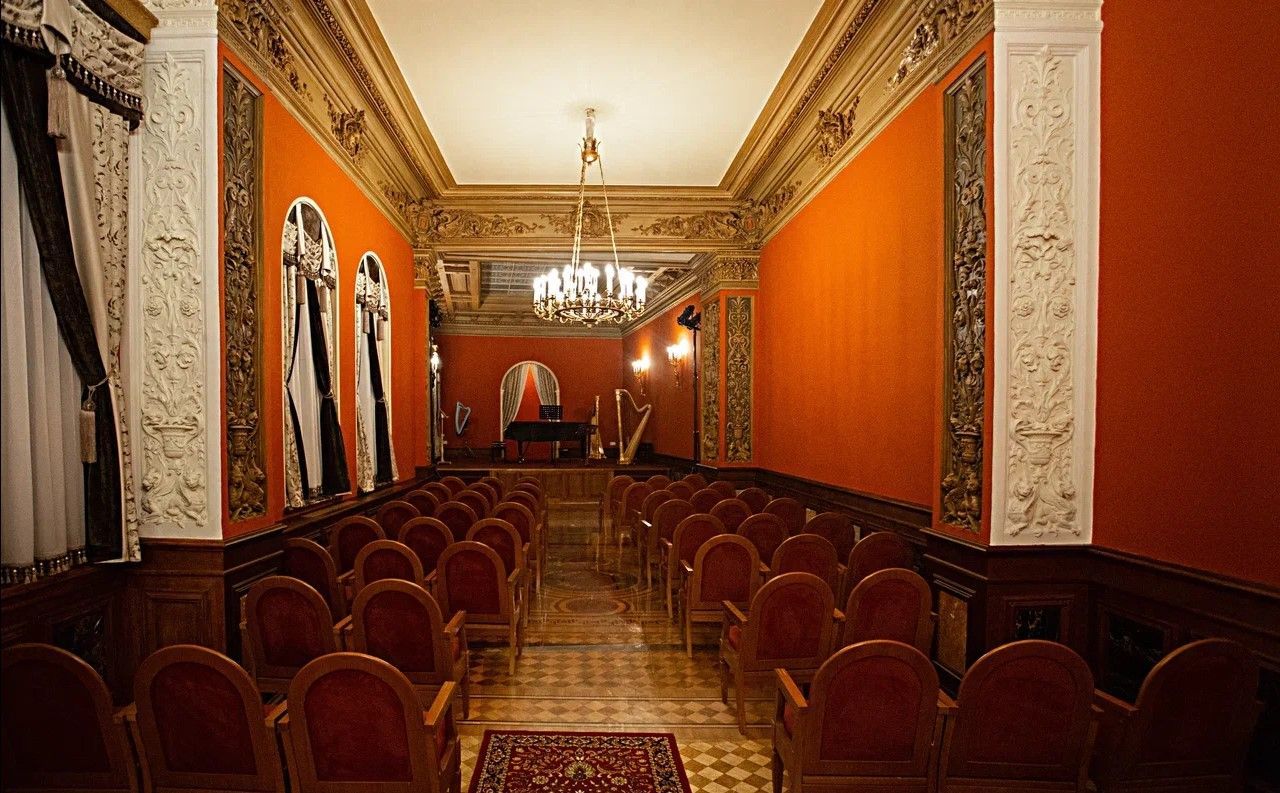Break 15:00–16:00
Not Only Love
The premiere of Not Only Love by the famous composer Rodion Shchedrin was a landmark event in St. Petersburg.
18 May,
Saturday,
19:00
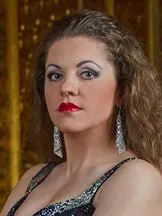
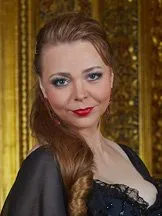
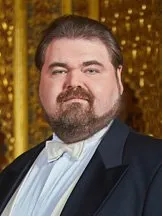
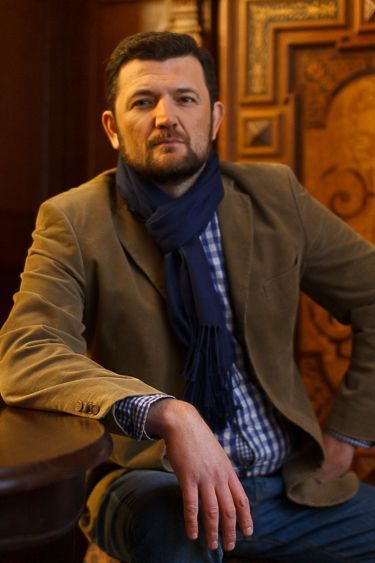
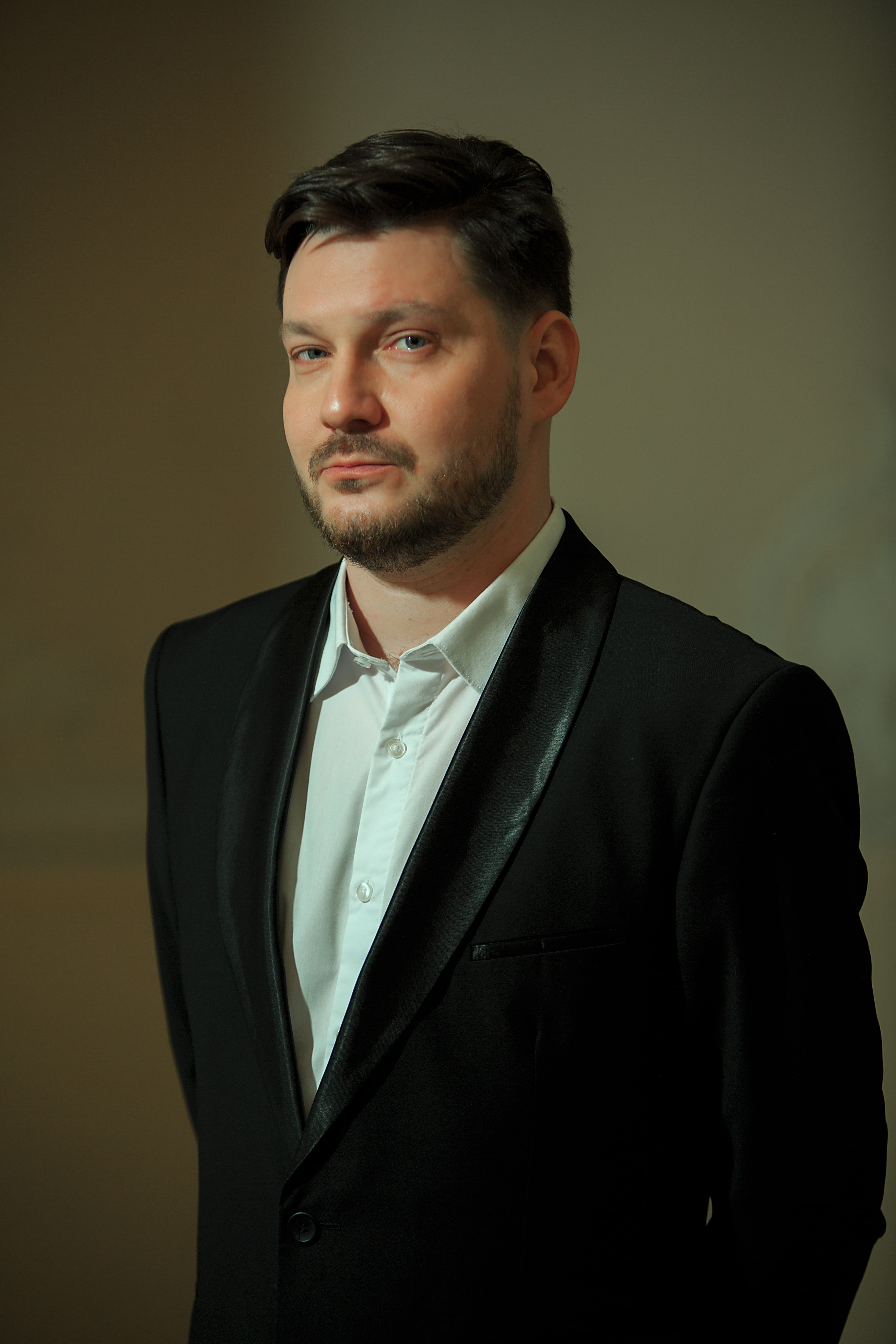
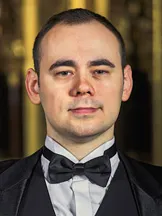
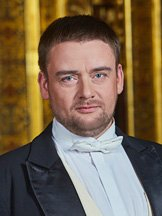
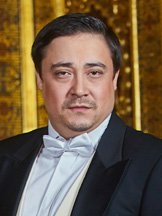
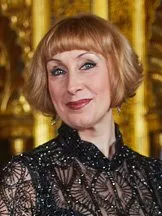
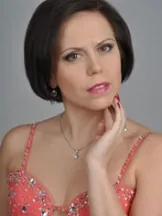
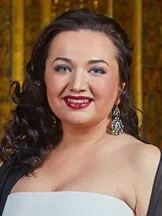
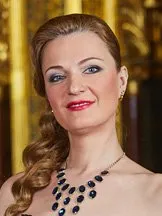
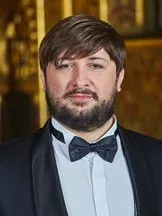
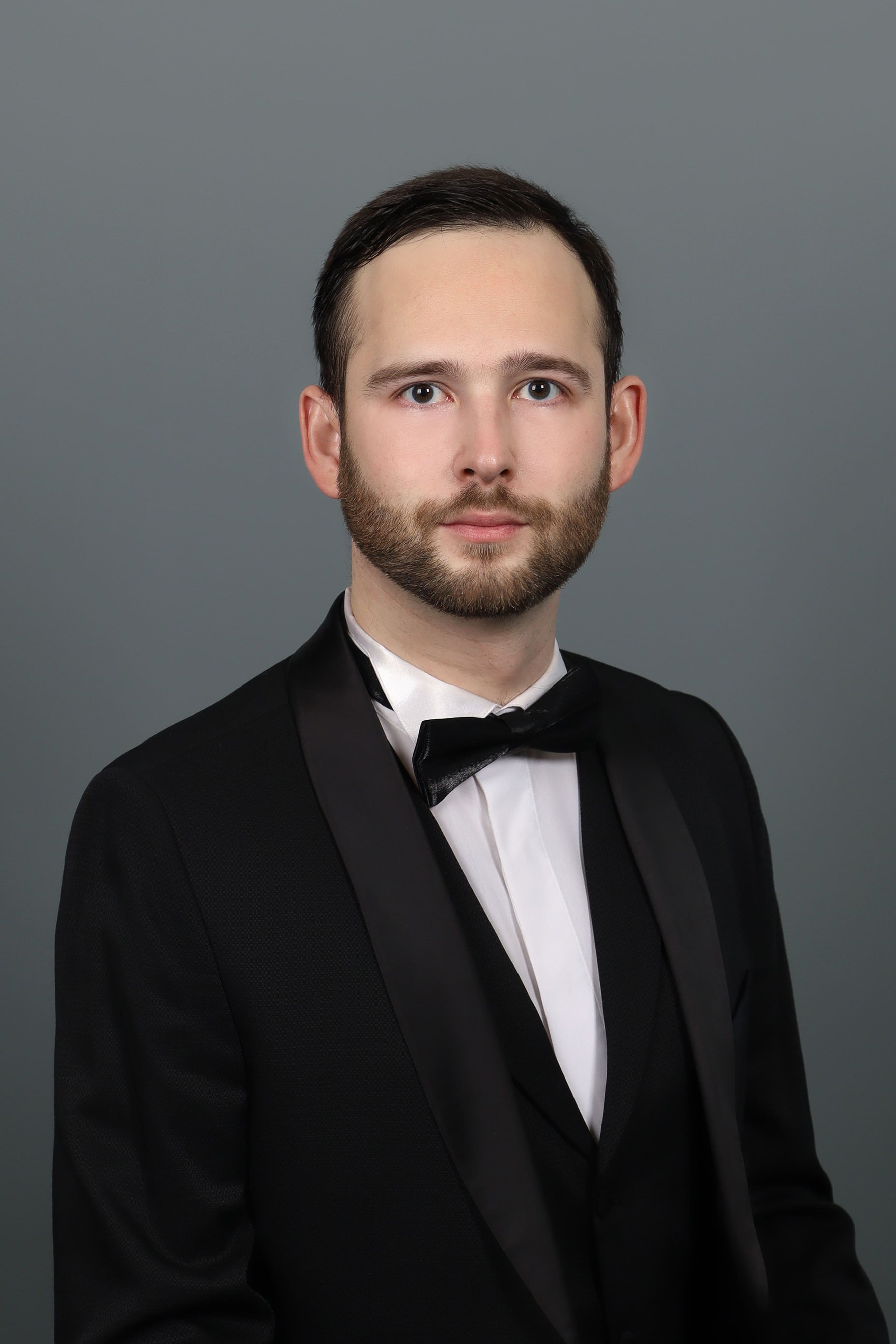
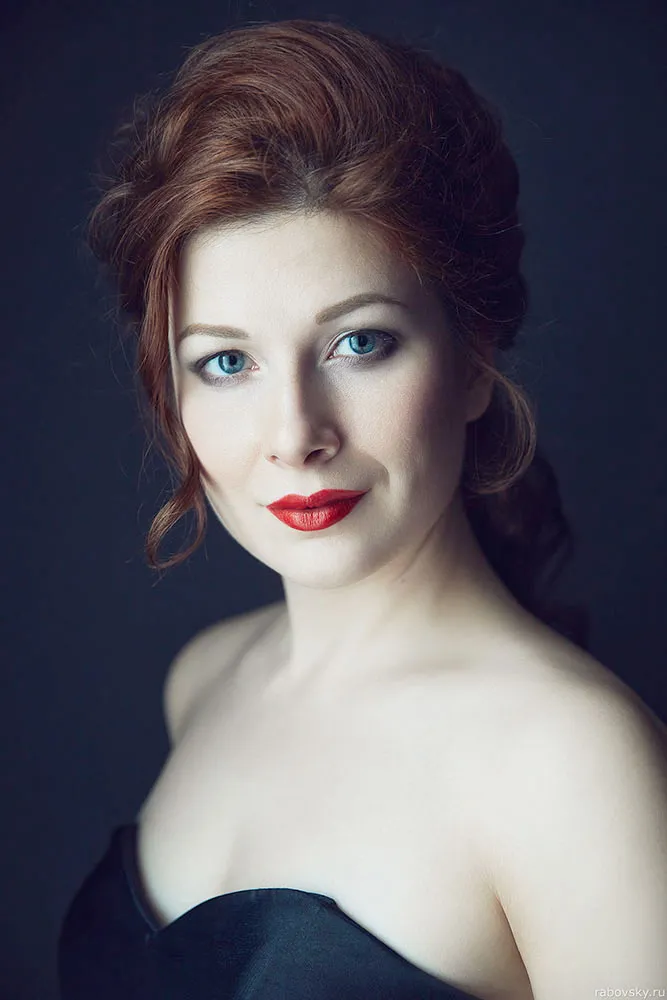
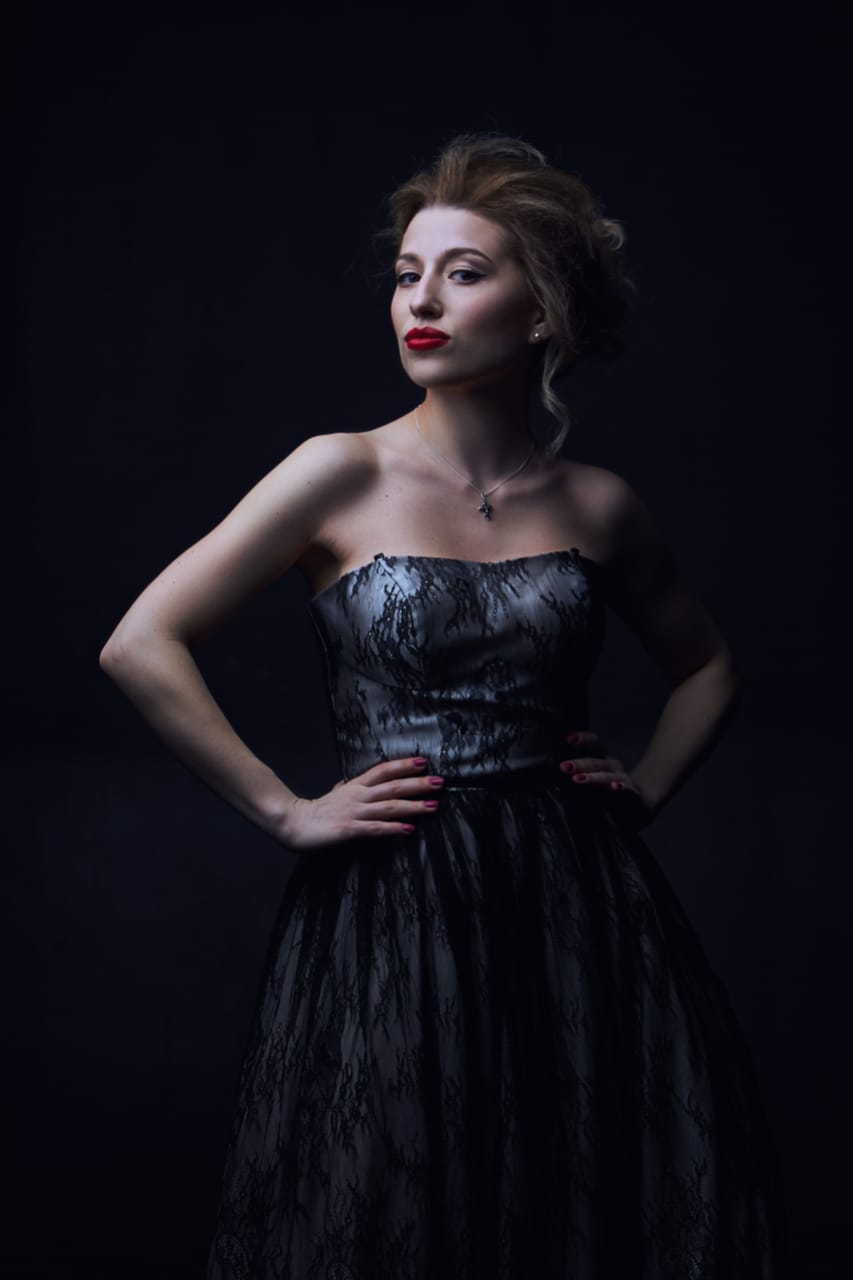
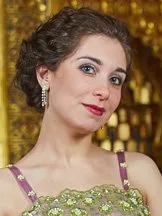
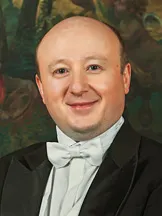
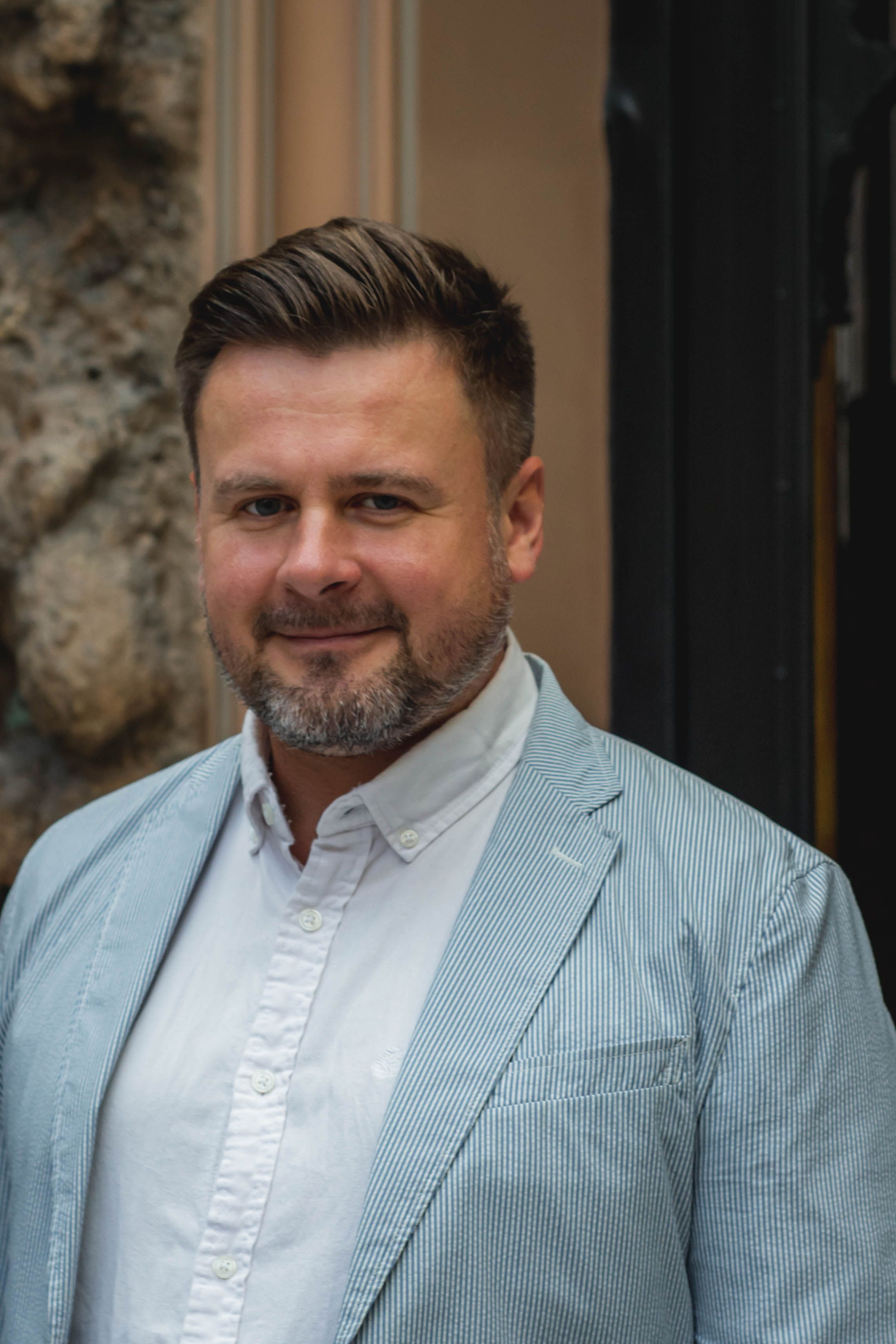
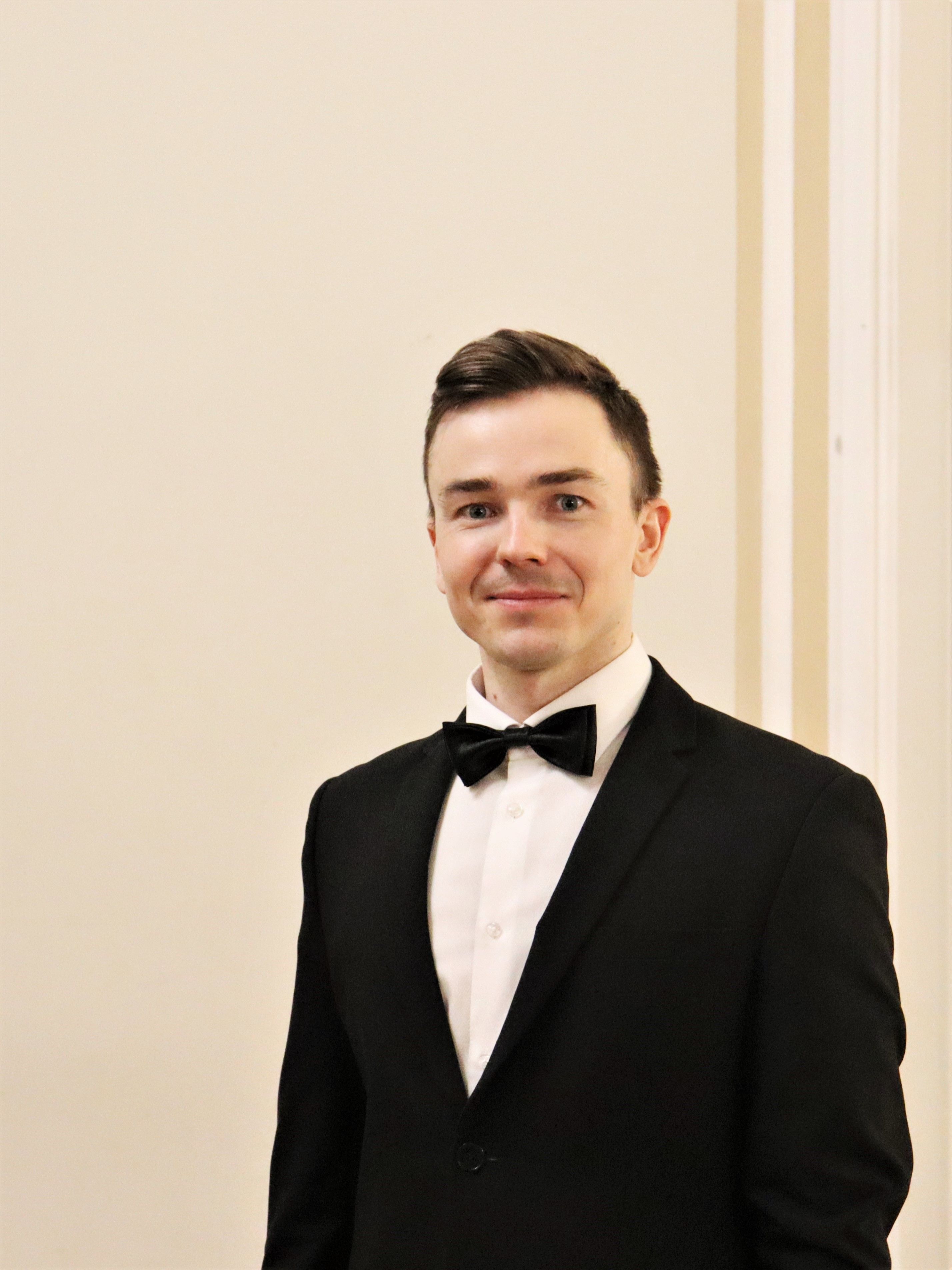
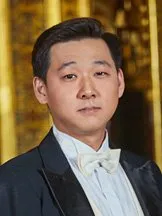
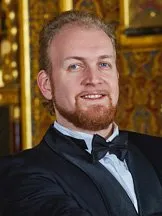

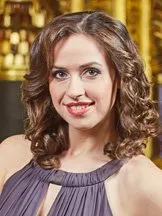
The premiere of Not Only Love by the famous composer Rodion Shchedrin was a landmark event in St. Petersburg. The composer himself described it as the best performance of his opera.
Not Only Love is a bright, sparkling performance that is close to the musical in its genre. The main focus of the performance, as director Yuri Alexandrov sees it, is love, of course. “The theme of love,” the director says, “is eternal and always relevant, no matter in what scenery it takes place.”
The performance attracts the audience with its free vocal, the “openness” of acting and lots of dancing. It is full of light lyricism and irony, that “juicy” humour typical for this genre and high drama. In its plot some experienced music lovers will recognize parallels with Eugene Onegin and even Carmen.
Rodion Shchedrin, who saw the premiere at the St. Petersburg Opera, recalled the devastating 1961 performance. “Do you know why the show failed then? Because they were afraid of sex. And here today they are not. And it worked out. Personally, I can see on the stage a huge amount of love for those times and those people.”
Act I
Scene 1
Spring. Cloudy morning. People gathered near the kolkhoz board. It is high time to sow, but the rain is pouring, it is pouring incessantly. Tractor drivers Ivan Trofimov, Fedot Petrovich, Mishka and Grishka are playing dominoes for nothing to do. Lazily throwing remarks, they “pry” Fedot, hinting at his secret affection for the chairwoman of the collective farm, Varvara Vasilievna. But Fedot Petrovich abruptly cuts off the guys. From a distance, the lingering choruses of the girls are heard. The men are happy with the rain - they do not have to go to work. They drink vodka. Fedot sings a dashing song. Suddenly, from afar, gradually approaching, a dashing, carefree tune is heard. Everyone listens. Girls run out onto the stage in a flock, shouting, interrupting each other: “This is Volodya ... Volodya Gavrilov has arrived ... He has returned from the city ...” Natasha, Volodya’s bride, is most delighted. She says, as the main news that Volodya will now live here in the village. But the tractor drivers unfriendly greet the city visitor – he is very much a striker, bully Volodya. It all starts with a verbal skirmish, and ends with a fight. The collective farm chairwoman Varvara Vasilievna appears and quickly appeases the fighters. The collective farmers disperse. Only Varvara and Volodya remain. Their conversation is outwardly unassuming, simple, but behind every word there is a hidden interest: well, what kind of person are you? Varvara asks, Volodya answers casually, with a grin. But the verbal thorns do not touch Varvara, her sadness hidden from everyone. From afar, the soft singing of the girls is heard again. Volodya, chuckling, leaves. Varvara looks after him for a long time. “What a blue-eyed ...” she says quietly.
Scene 2
The outskirts of the village. Summer evening. Fun, songs, dances to the “wind symphony orchestra”directed by Sergei Kondurushkin. Here is Volodya Gavrilov and Natasha. Volodya, out of habit, hurts everyone, laughs at everyone. Wanting to attract attention, he sings a song about a Christmas tree. The lyrics are full of hurtful hints. Natasha asks Volodya to stop. Tractor drivers, remembering old grievances, approach Volodya in anger: “Do you think we are fools?” Volodya roughly hugs the embarrassed Natasha. Varvara Vasilievna comes to the dance. She is invited to dance, but Varvara refuses. Volodya is dancing with Natasha. His dialogue with her is a set of obligatory, meaningless “duty” phrases. A new dance begins. The divorcee Katerina quietly pushes Volodya: “Go, invite the chairwoman.” Volodya invites Varvara, and she, unexpectedly for everyone and for herself, agrees. Again follows a set of “duty” phrases, but for some reason they terribly amuse Varvara. She dances faster, livelier, and everyone notices it. Fedot Petrovich, unable to bear it, stops the orchestra. Inflamed Volodya shouts to Kondurushkin: “Let's waltz!” But Fedot sullenly raps out: “They don't play waltz. Understood?” “Got it,” Volodya answers sourly. The girls surround Varvara Vasilievna. She sings a sad song full of unspoken sorrow. All fell silent, thoughtful. Suddenly, Varvara’s mood changes: “Enough about this ... Come on, something more fun!” Varvara sings a dashing song and, not ashamed, dances in front of Volodya, draws him into the dance. Only Natasha stands aside, looks at the dancers and wipes away her tears. As suddenly as she began, Varvara breaks off the dance and quickly leaves the walk. Following her, the others disperse.
Act II
Scene 3
Varvara Vasilievna leaves the outskirts of the village. Feelings overwhelm her, she is confused ... Suddenly Volodya comes out of the darkness to meet her. Varvara does not know how to deal with this strange and crazy guy. A kiss ... Footsteps are heard ... Varvara staggers back into the shadows. Fedot appears. Barely restraining himself, he does not speak, but orders Volodya: “Well, get your stuff and let’s pick you up from here!” Volodya swaggers: “I’m not bad here either.” Fedot and Volodya are preparing for a fight, but then Varvara stands between them. She tells Fedot to leave. Fedot is shocked: he should leave, but will this guy stay here? “Leave!” - Varvara almost shouts to him. Fedot flees from Varvara, obviously, forever. She is confused. She, as if out of place, begins to talk with Volodya about business. The roof of the barnyard needs to be repaired ... But she herself knows, and Volodya guesses that this is how they agree on a date.
Barnyard. Tormented by grief, Natasha sings a song about her tragic fate. Barbara runs in. Embarrassed, she looks for an excuse to drive Natasha away. Varvara is waiting for Volodya. In contrast to her confusion, the voices of lovers sound in the distance, further aggravating her condition. She realizes that she has ruined Natasha’s life by standing between her and Volodya. At the same time, a loving woman, a leader and a pure person who understands that the fate of other people depends on her decision, is fighting in her. Volodya comes. Varvara looks at him intently. “No,” she says quietly to herself, at the same time rushing to him in a passionate impulse. Natasha’s voice is heard from afar. She is looking for her own, or maybe already someone else’s Volodya. Oddly enough, Varvara is glad to see Natasha, because she has already made a decision. Left alone, she enthusiastically extends her hands to the rain, which washes away all the pain, all her grief...
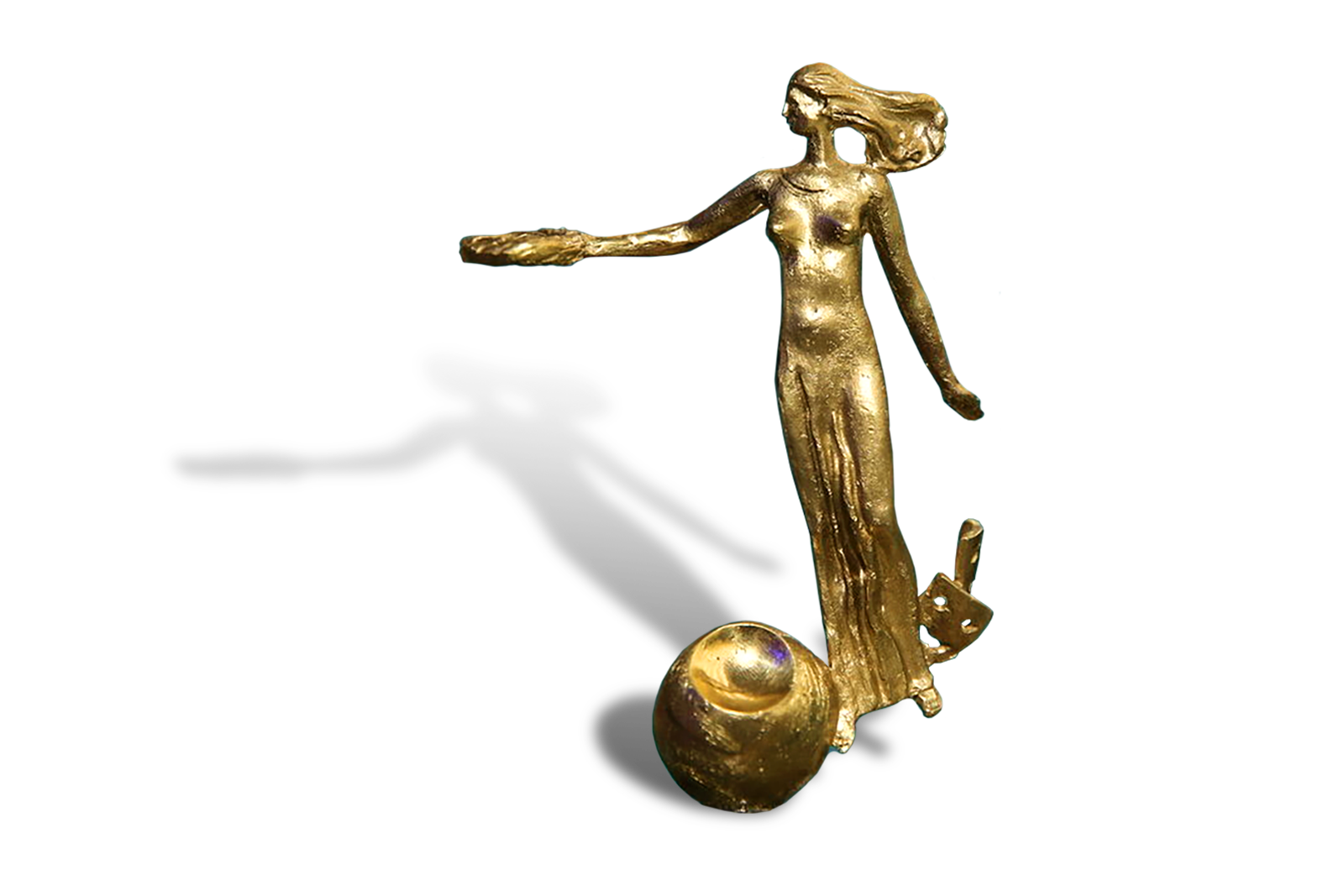
Номинация «Лучший спектакль в оперном театре», сезон 2013/2014






